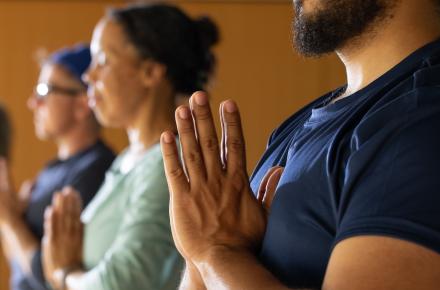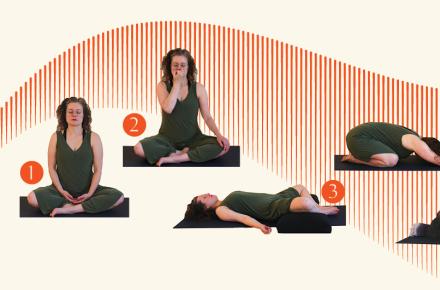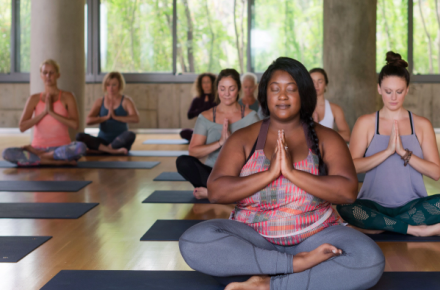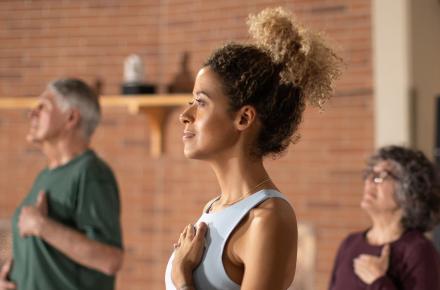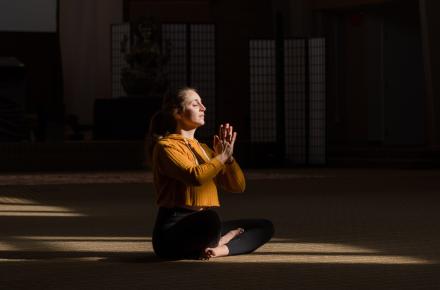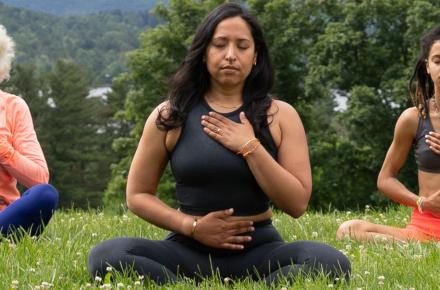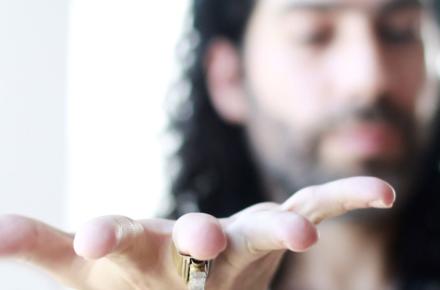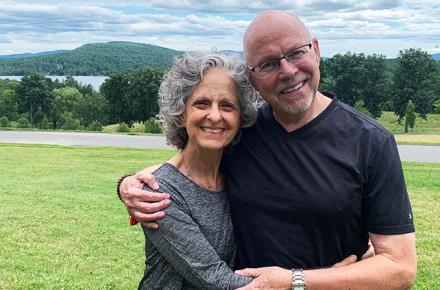The Healing Power of Yoga

Statistics show that people in the United States and abroad are practicing yoga in ever-increasing numbers. Some call it a fad that will eventually fade away. Yet the profound physical and psychological benefits that so many experience lead me to think otherwise. As medical and yoga research expand, empirical evidence places yoga therapy among the most effective complementary therapies for a variety of diseases and common ailments, including anxiety, heart disease, arthritis, hypertension, diabetes, and cancer.
More and more mainstream medical practices are adopting yoga therapeutics, as growing research shows its efficacy in aiding recovery, especially from stress-induced conditions, and improving overall health and vitality. Statistics show that 60 to 80 percent of the complaints that people bring to their doctors are stress-induced, and yoga can be an effective means to mitigate and even prevent stress-induced conditions, restoring a sense of balance and ease.
Hospitals are beginning to open integrative healthcare departments, adding yoga therapeutics as part of their complementary practices. Professional organizations, including the International Association of Yoga Therapists, are supporting and researching these efforts. Psychologists are incorporating specific breathing practices with anxious, stressed-out clients.
While group yoga classes use postures (asana), breathing techniques (pranayama), and deep relaxation (yoga nidra), such classes may not be well matched to the sensitive needs of some individuals. For those, working one-on-one with a trained yoga therapist who can adapt and customize a variety of approaches will better suit their specific needs and temperaments. This individualized approach is known as yoga therapy (or yoga chikitsa in Sanskrit), a holistic approach to health maintenance that includes Ayurveda, specific meditation techniques, daily lifestyle routines (dinacharya), and purification practices (kriyas and panchakarma)—all customized to the individual.
Developing the skills for working with special populations has been a long and, at times, very personal journey for me. I can trace this process back to my sophomore year in high school when my father (a college football and swimming coach) coaxed me to help him teach swimming to students with physical disabilities. He taught me how to investigate their individual needs and come up with unique ways to help them learn. I loved the experience, and thought I would become a physical therapist in order to work with this population full-time.
Instead, I went into rehab and oncology nursing, and from there shifted my attention and energy into what we then called “alternative”approaches to health and well-being. I moved to Kripalu, immersed myself in yoga, and began teaching yoga and training in other modalities. Graduating from the Kripalu School of Ayurveda, I found that I approached my private clients with a deeper and more holistic spectrum of skills. Being a trainer for the Kripalu School of Yoga has been a rich and deepening experience on both the personal and professional levels.
I am grateful to be part of this ever-unfolding ancient healing path, and pleased to see these tools being incorporated into contemporary medical thought. Like two wings of a bird, these old and new approaches balance and support us in achieving the health and well-being we seek.
Find out about upcoming programs with Sudha Carolyn Lundeen at Kripalu.
© Kripalu Center for Yoga & Health. All rights reserved. To request permission to reprint, please e-mail editor@kripalu.org.





